Main menu:
Research activities
 Agricultural Engineering
Agricultural Engineering

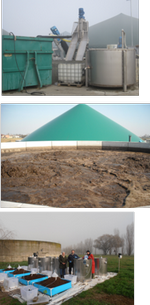
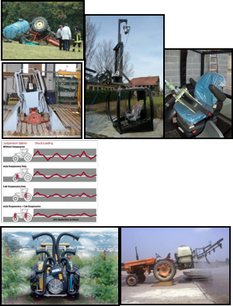
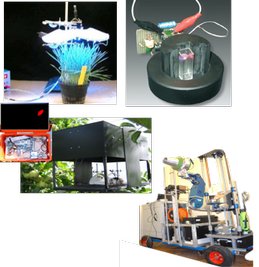
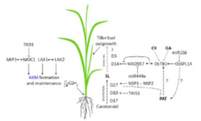
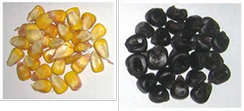
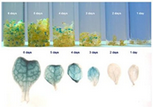

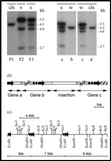
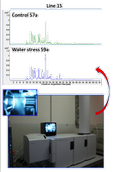
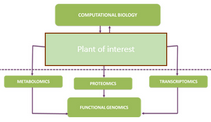
 Agronomy & Arboriculture
Agronomy & Arboriculture
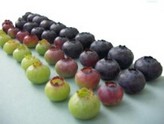

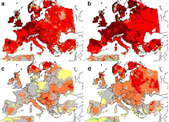

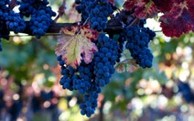


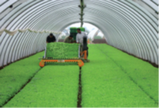
 Animal Science
Animal Science

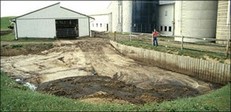

 Animal manure management Milk quality
Animal manure management Milk quality
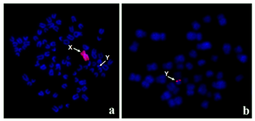
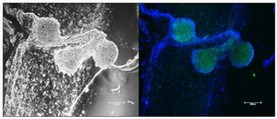

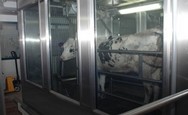
 Biodefense
Biodefense




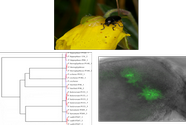
The research topics active in Agriculture, Environment and Bioenergy PhD Course include farming systems studies, forestry, livestock, crop biology, plant genetics, and energy based on a multidisciplinary approach. The integration of the main fields of agricultural science is essential in order to improve many aspects of agricultural production, food, and non-compliance with the conservation of natural resources and minimizing the environmental impact enhancing the waste recycling. The studies on crop production and animal sciences cover issues ranging from the molecular level up to the body and systemic approach, in close correlation with environmental issues. Technological approaches include the use of traditional methods (biological, chemical, physical, computing and engineering) integrated with innovative approaches "-omics" and systemic- to allow for the development of management models, even predictive.
 Agricultural Engineering
Agricultural Engineering - Landscape planning and design
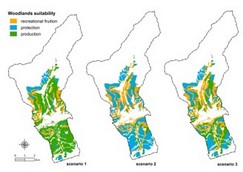
- Environmental hydrological and Agricultural Hydraulics
- Agricultural Mechanic Engineering
- Farm automation and Agricultural processes engineering
- Environmental Management Systems for husbandry farm (sustainable manure management)
- Energy analysis in the food industry and advanced technologies for the food quality
- Agricultural economy, agro-environmental and rural development policies, environmental economics




Modelling water requirements Sustainable manure management Agricultural machinery safety and ergonomics Sensors and automation for biosystems
 Agricultural Genetics & Chemistry
Agricultural Genetics & Chemistry
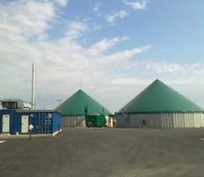
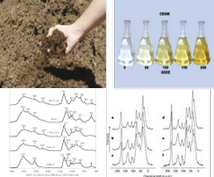
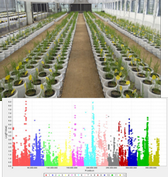
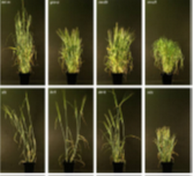
 Agricultural Genetics & Chemistry
Agricultural Genetics & Chemistry- Green chemistry: bioenergy, biorefinery, biomasses uses
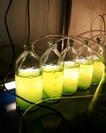
- Soil and Environment: soil chemistry, carbon sink, soil remediation
- Genomics, genetic, biochemistry and physiology of:
- a) plant mineral nutrition;
- b) plant responses to low resources availability and to abiotic stresses
- c) crop yield;
- d) nutritional quality and safety of fruits and grains; e) plant development
- Transcriptomics, proteomics, metabolomics and ionomics approach to plant biology and crop production Microalgae reactor




Renewable fertilizers Soil O.M. quality GWAs approach to rice salt tolerance Plant reverse genetic



Regulatory developmental networks Breeding of maize with high nutritional value Sentinel plants (bioindicators)



Root activities and plant yield Maize low phytate Plant system biology
 Agronomy & Arboriculture
Agronomy & Arboriculture- Cropping systems analysis and modelling

- Agriculture-environment relationships
- Quantification of the agro-environmental sustainability of crop production systems using agro-ecological indicator
- Agroecology and landscape agronomy
- Development of simulation models for the evaluation of management and climate scenarios
- Tree fruit physiology and breeding: fruit quality and disease resistance
- Rootstock breeding (drought/salt tolerance; fruit quality; low quality of soils)

- Postharvest physiology and shelf-life of fruits and vegetable
- Vegetable and flowers biology and breeding
- Genotypes x environment interaction for viticultural suitability of a territory




Blueberry ripening stages Landscape agonomy Cropping systems analysis




Grapevine Plum Pox Virus Ethylène collection Vegetable production under tunnel
 Animal Science
Animal Science● Nutritive value of forages and feeds

● Influence of animal nutrition and feeding on environment and product quality. Agriculture-animal husbandry and biodiversity

● Environmental impact of animal production
● Animal husbandry
● Animal Molecular Cytogenetics, chromosomal anomalies, mammals sex determination process

● Embryology of domestic animal
● Farm management, milk quality and production, meat quality and production, farm environmental impact
● Multifactorial digestive disorders and productivity of rabbit farm








Chromosomal anomalies Epigenetic modification Metabolic chamber
 Biodefense
Biodefense- Plant physiopatology and virology; resistance mechanisms
- Phytoplasma detection and genetic diversity
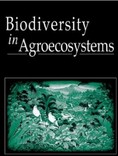
- Ultrastructural studies on plant-pathogen interactions: virus cytopathology and plant resistance
- Induction of resistance against viruses and fungi by natural and synthetic compounds
- Bioactive phytochemicals relevant for human nutrition and health
- Effects of elicitors on plant secondary metabolism
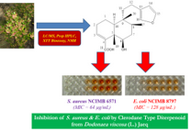
- Agroecosystems biodiversity
- Applied geobotany, landscape ecology, environmental design, urban ecology
- Biology of medicinal, unorthodox and native plants plant
- Insects biology and evolution
- Urban entomology
- Integrated pest control
- Elicitor and phytochemical





Flavescence dorée Safran quallity Ozone damages Insect evolution
Home Page | Research | Educational activities | Teaching Board | Students | Application | News | Opportunities | NdV | General Site Map


